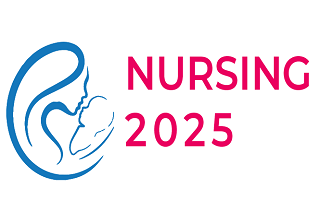Nursing 2025

St George's University Hospitals NHS Foundation Trust, UK
Abstract:
Sickle cell disease (SCD) and thalassaemia are among the most prevalent genetic haemoglobin disorders worldwide, significantly impacting maternal and neonatal health. These conditions disproportionately affect individuals from African, Mediterranean, Middle Eastern, and South Asian backgrounds, making it imperative for midwives and nurses to be equipped with the knowledge and skills to provide appropriate care. While universal haemoglobinopathy screening is widely implemented, gaps in clinical confidence, training, and interpretation of results remain a critical issue (NHS Sickle Cell & Thalassaemia Screening Programme, 2022; WHO, 2023). As global healthcare systems strive for equitable and patient-centered maternity services, midwives and nurses play a vital role in identifying, managing, and supporting pregnant women affected by sickle cell and thalassaemia. This session will highlight key areas of concern, evidence-based clinical approaches, and the urgent need for enhanced education and policy development to bridge these care gaps.
Biography:
As a Specialist Sickle Cell and Thalassaemia Midwife, I have dedicated my career to improving maternity care for individuals affected by haemoglobinopathies. With over 20 years of experience in midwifery, including 10 years as a senior/specialist haemoglobinopathies midwife, I have developed extensive expertise in antenatal screening, antenatal care, genetic counselling, and midwifery education. I hold a BSc in Midwifery and have completed several postgraduate courses, including specialized haemoglobinopathy training, to enhance my clinical knowledge and leadership in this field. My passion lies in bridging the knowledge gap in sickle cell and thalassaemia care, ensuring that midwives and healthcare professionals are equipped with the skills to deliver competent, inclusive, and patient-centred maternity care. Through my contributions to clinical practice, policy development, and training initiatives, I continue to advocate for improved awareness, early diagnosis, and equitable healthcare services for individuals affected by sickle cell disease and thalassaemia. I am proud to be an award-winning Specialist Haemoglobinopathies Midwife, recognized for my commitment to advancing care and education in this vital area of maternity services.
